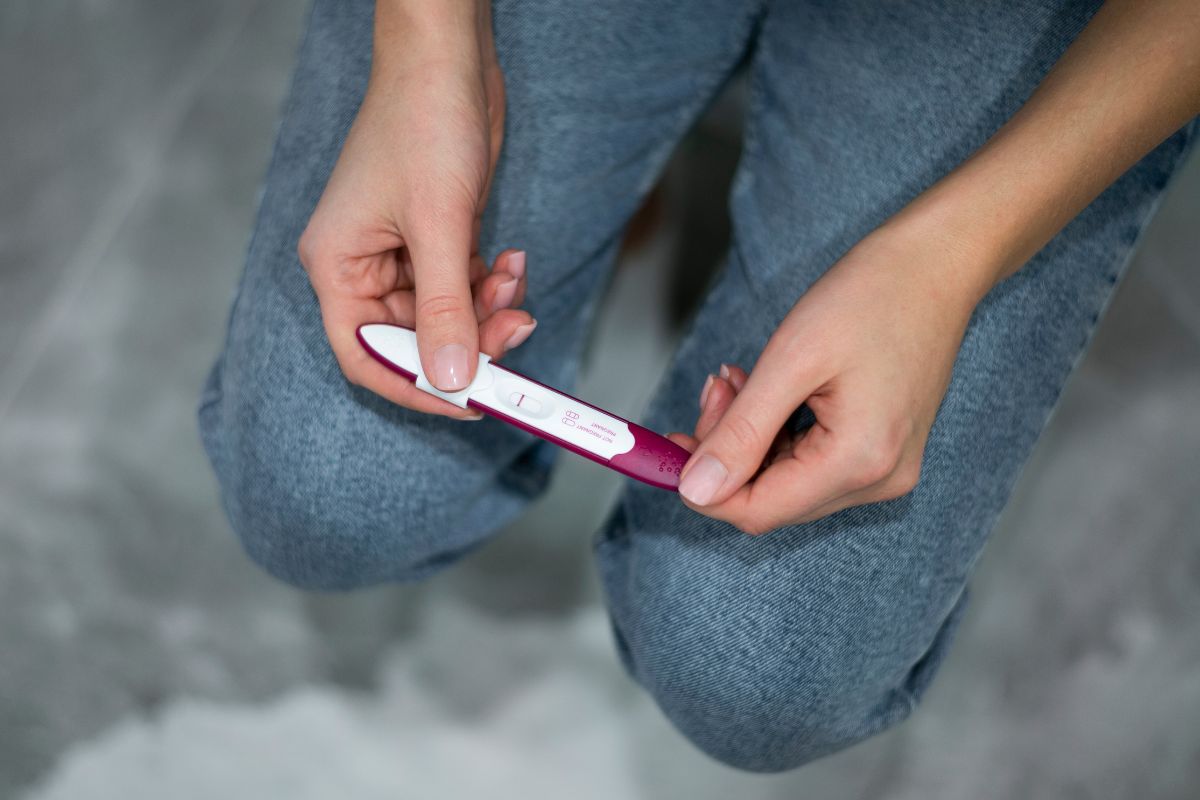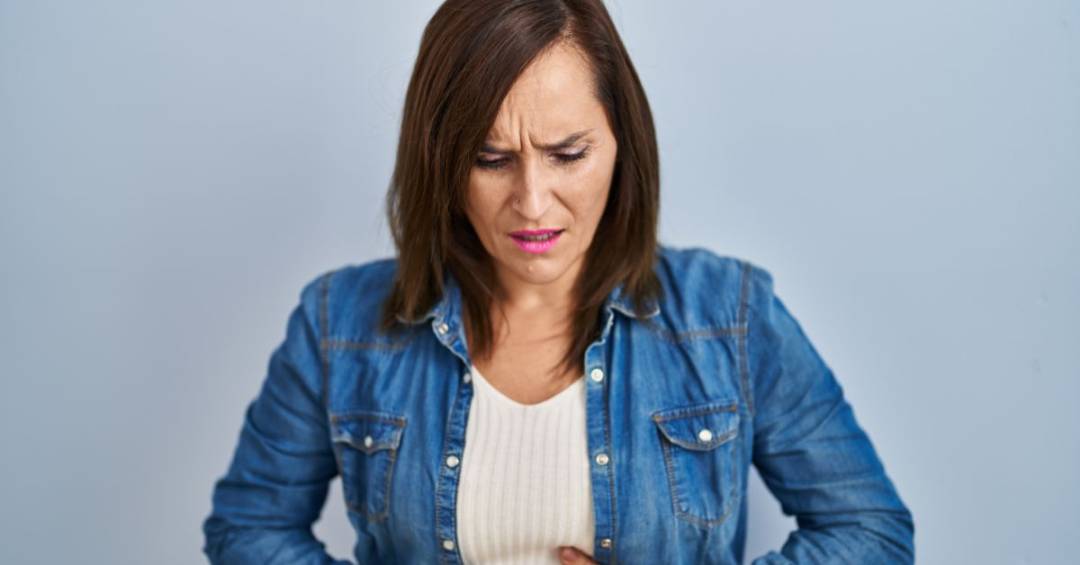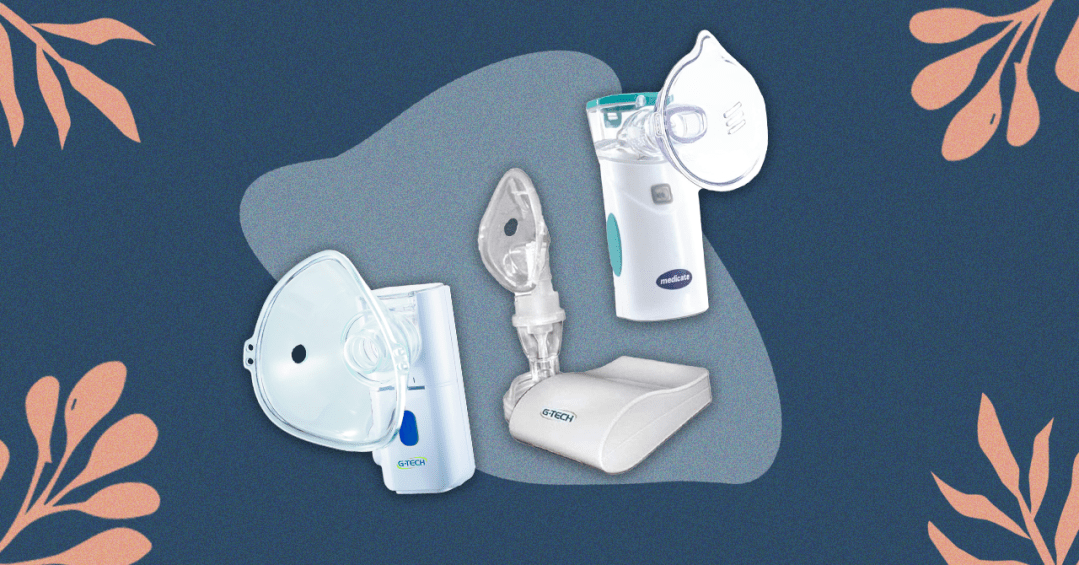
Large, painful breasts, uncontrolled sleep and hunger, and recurring urges to pee are some of the typical symptoms of pregnancy. But when do they usually appear?
In the vast majority of cases, signs that a baby is on the way appear two to three weeks after fertilization. Therefore, it is hardly possible to experience the discomfort described above in the first days of conception.
It is for this reason, in fact, that experts recommend waiting some time after noticing a missed period to take the test, since, at the beginning, the levels of the Beta HCG hormone will still be low.
But, calm down. Before rushing to the pharmacy, it is worth understanding that there are other conditions that can delay menstruation:
Why was my period late?
Of course, pregnancy should always be the first cause to be remembered – and excluded. But she is not the only one to cause menstrual delays. One of the most common in women with natural cycles (that is, who do not use hormonal contraceptives) is chronic anovulation, or the absence of ovulation, caused by polycystic ovary syndrome.
“In addition, hypothyroidism can cause anovulation and menstrual delay”, continues the doctor. “Another frequent situation is the practice of high-performance sporting activities. It is very common, among female athletes, who train daily, the absence of menstruation or a missed period.”
Stress and anxiety can also interfere with the cycle and trigger delays in menstruation – think of the coronavirus pandemic, for example, in which stress levels rose to the highest for many women, disrupting the cycle.
“Finally, depending on the age of the woman (normally over 45 years old), ovarian failure, that is, the loss of ovarian function, begins with menstrual delay and culminates with menopause, the last menstruation, defined after 12 months without menstruating”, he explains.
See below a list of the main causes of menstrual delays:
- Polycystic Ovary Syndrome (PCOS)
- Stress and Anxiety
- Significant and sudden weight loss or gain
- Hormonal Changes
- Thyroid dysfunctions
- Psychological Pregnancy
- Use of emergency contraceptives (such as the morning-after pill)
- Use of antidepressants
- Practice of high-performance sports




